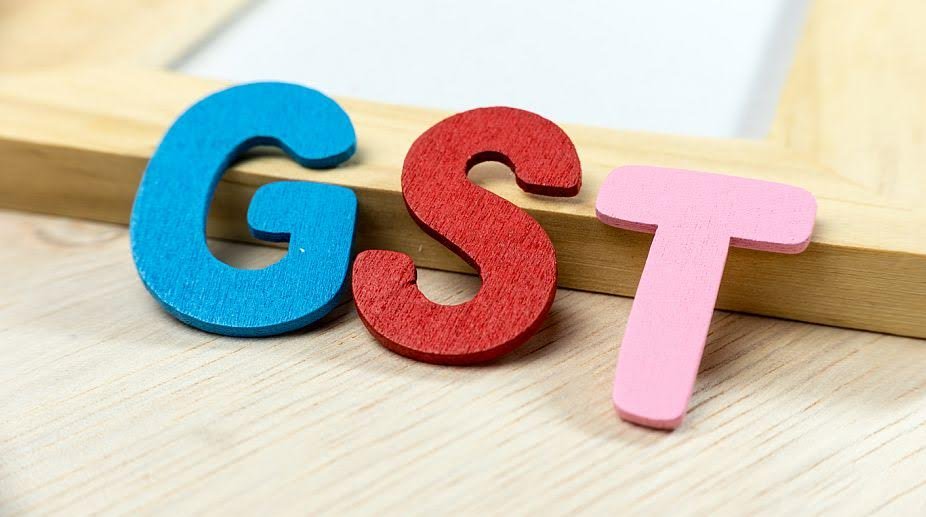The Centre and states have decided to exempt agriculturists from registering under the Goods and Services Tax regime, while the threshold for traders has been set at Rs 20 lakh turnover.
The GST Council has also empowered commissioner-level officers to allow payment of GST levy by a taxpayer in instalments in order to mitigate any financial hardship being suffered by a taxpayer.
Advertisement
The GST Council, comprising Union Finance Minister Arun Jaitley and his state counterparts, today vetted the Central GST (CGST) and Integrated GST (IGST) bills, clearing decks for their introduction in the second leg of the Budget session of Parliament beginning next week.
The GST Council has decided to keep the revenue exemption limit at Rs 20 lakh for all states with the exception of North-Eastern and the hill states where the limit will be Rs 10 lakh.
"A business entity with an annual turnover of up to Rs 20 lakhs would not be required to take registration in the GST regime, unless he voluntarily chooses to do so to be a part of the input tax credit (ITC) chain," a Finance Ministry statement said.
It added that an agriculturist (defined as someone who supplies produce out of cultivation of land) would not be liable to register under the GST regime.
With regard to exporters, the Council has decided that 90 per cent of the refunds claim will be made within seven days of filing the application.
"To prevent lock-in of capital of exporters, a provision has been made to by an exporter, 90 per cent of the claimed amount on a provisional basis," the statement added.
Further, business entities with turnover of up to Rs 50 lakh can avail a composition scheme under which it has to pay a much lower rate of tax and has to fulfil very minimal compliance requirements. The scheme is available for all traders, select manufacturing sectors and for restaurants in the services sector.
Also, the CGST and IGST bill provides for an anti- profiteering provision to ensure that the reduction of tax incidence is passed on to consumers.
"In order to prevent cascading of taxes, ITC would be admissible on all goods and services used in the course or furtherance of business, except on a few items listed in the law," the statement added.











